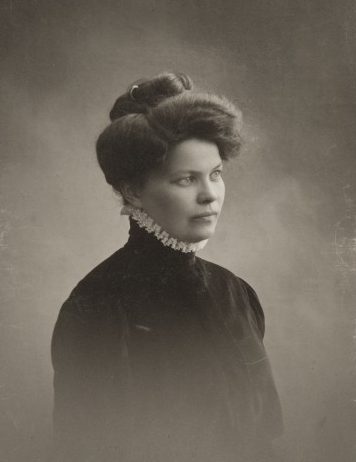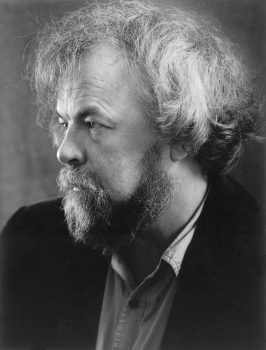Archive for March, 1980
Hilda Husso
Issue 1/1980 | Archives online, Fiction, Prose
A short story from Kun on tunteet (‘When you have feelings’,1913). Introduction by Irmeli Niemi
A Phone call between Hotels
‘Hello – is that the Francesca?’
‘— — —’
‘I’d like to speak to Mr Aksel Lundqvist, the maître d’hotel, if it’s possible, please.’
‘— — —’
‘Oh, I see, that is Mr Lundqvist. I’m ringing from the Iris Hotel. It’s Hilda Husso here – do you remember me, Mr Lundqvist?’
‘— — —’
‘I used to be at Ekbom’s, as a cleaner, in the Brasserie, and I got pregnant – it was a boy, you may remember?’
‘— — —’
‘Hello, what was that, I can’t hear?’ More…
Poems
Issue 1/1980 | Archives online, Fiction, poetry
Poems from Kallista on ja halvalla menee (‘It comes dear and it’s going cheap’,1975) and Reviirilaulu (‘Territorial song’, 1978). Introduction by Pentti Saaritsa
1
A seagull shadow flitters across the gulf of the courtyard
over the gone-sour yellow wall
ogreish and swift as an execution by hanging,
that’s how I’m dangling
from this moment in this city
my ankle in the strangling noose
in the night under the jangling stars while over the roofs
a sheetmetal moon’s rising
and blurred dreams are yawning in a thousand windows,
down below me the city
and in my breast my heart, it’s socking
like a knuckleduster.
2
The simplest noise,
the noise of a glass
when you put the glass down
on a wooden table, the sound of wood
on glass
is like
a flash of happiness
on a melancholy face.


